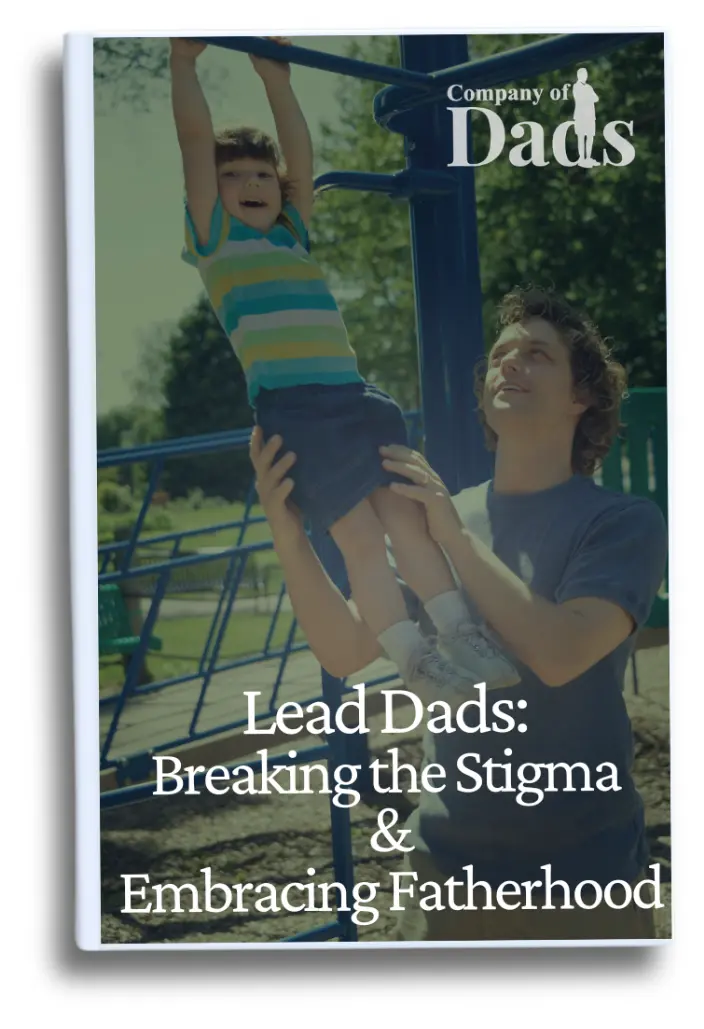But that’s not what kids are feeling. Fears – which can sometimes escalate to full-blown anxiety – are real to the developing mind. Telling a child there is nothing to worry about can be as useless as telling them to calm down. It rarely works – and could exacerbate the problem.
Some fears go away as children mature. But others do not and need professional help. With a young child, in the moment, often late at night, parents are left to ask: “How do we handle this and get him/her to bed?”.
Dads in our community that have gone through this share their top 5 tips:
- Just listen. Sometimes fears are irrational, but don’t make your child feel that way. It will only exacerbate the problem. Instead, listen. As Dads, we don’t have to solve everything. Talking it out can go a long way in reducing anxiety over an issue.
- Share your fears. Pretending as though you aren’t afraid of anything isn’t helpful to your kids—their B.S. meter is pretty good, even at a young age. Empathize and teach them how you handle your fears.
- Go through it together. One dad said that anytime his child was afraid of doing something, he would do that activity with them. It helped him feel less alone. And even if his son didn’t like the activity, he got over the initial hurdle of trying.
- Don’t push too hard. Forcing them to try something when they’re not emotionally capable of doing it will make things worse. Provide comfort with a reassuring touch or hug to let your child know you’re there. That gesture might be all they need to try. And it’s not the same as letting them quit. Think of it as helping them succeed.
- Face the fear. One Dad noted that avoiding things or places that make your child nervous feels like the safer route, but it won’t ever help them get over those fears. So if they’re afraid of swimming, don’t avoid the local pool because it’s easier. Instead, put all of the floaties on and get in the shallow end with them as a first step.
Overcoming fears is not an overnight process—but implementing some of these tips is a great starting point.
If you found this article helpful, consider signing up for our weekly newsletter, ‘The Dad’. It’s your one-stop shop for what you want to read, listen to, view and buy as a father.









